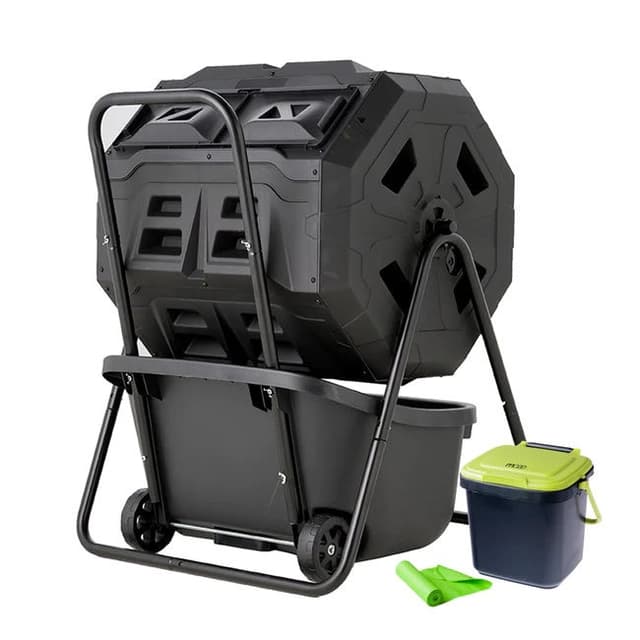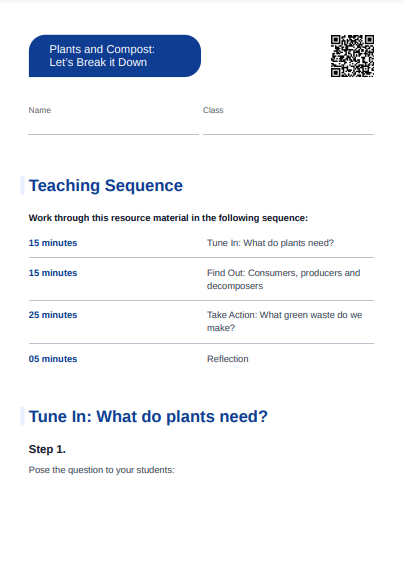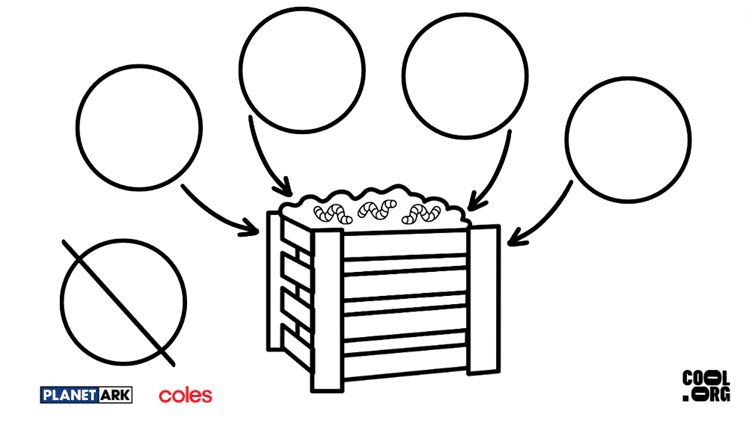Learning intentions:
Students will...
- explore the needs of plants and how compost can transform organic material to meet those needs.
Success criteria:
Students can...
- explain the decomposition of organic material
- describe how compost creates a resource to meet the needs of plants.


